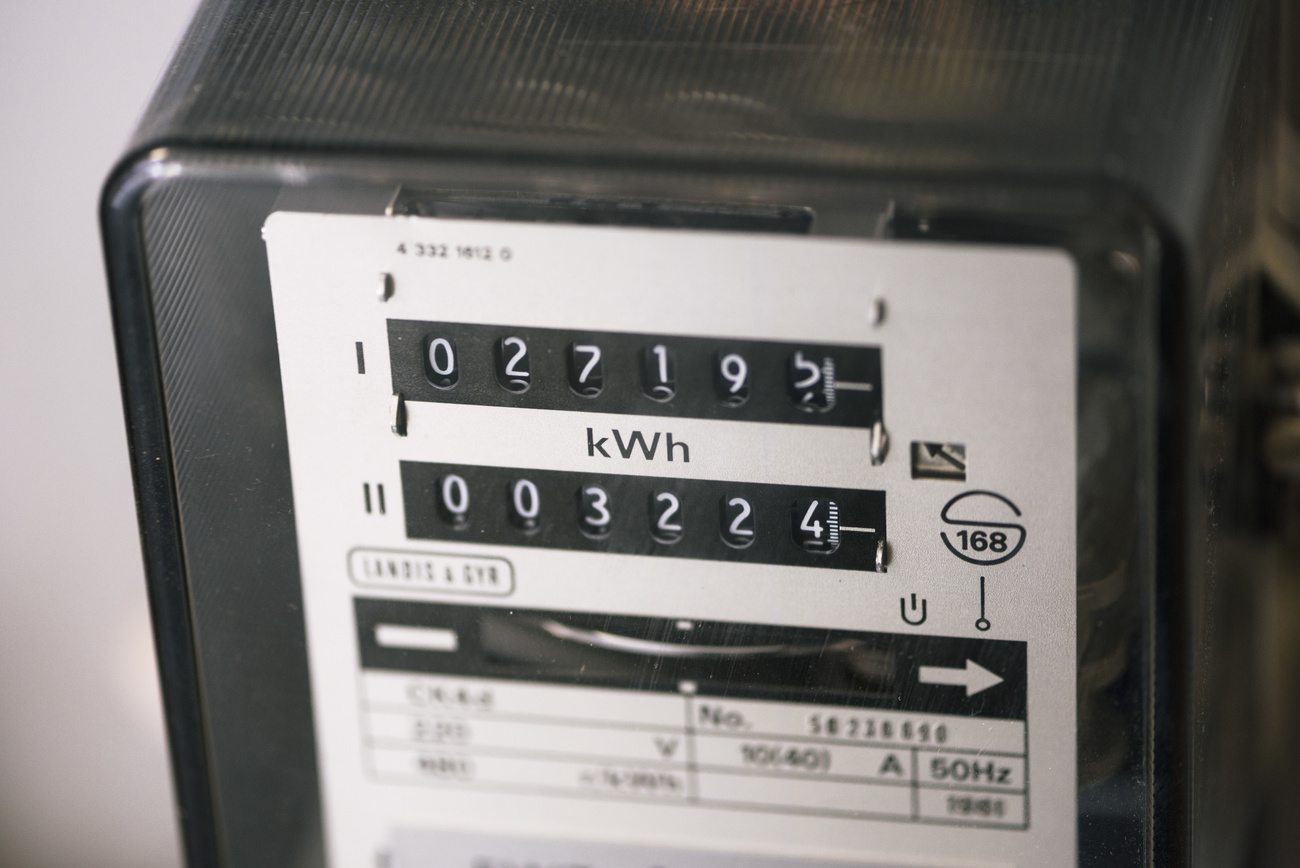
Swiss households braced for 20% electricity price hike

Electricity prices are expected to leap by as much as 20% for many Swiss households and businesses this year, according to a survey of power providers.
The ongoing war in Ukraine is expected to heap further pressure on costs, said the Swiss Association of Electricity Companies on Friday.
A survey of the Association’s members found that half expect prices to rise by a fifth, although the final bill will not be known for sure until the autumn.
Using the survey results as a guide, a five-room household consuming 4,500kWh per year could expect bills to increase by around CHF180 ($184), while businesses like bakeries may have to pay CHF6,000 extra.
But price increases will vary around the country as some local providers can produce more electricity domestically than others that must purchase a higher proportion of supplies on the open markets.
Higher fuel prices, coupled with power plant failures, have already driven wholesale electricity prices up to the highest levels for 13 years, says the industry group.
Households and businesses have also been warned to expect further price hikes, but hopefully less severe, in 2023. “With the ongoing war in Ukraine and the possibility of an oil and gas embargo on imports from Russia, the price situation on the wholesale markets is likely to remain tense.”
The Swiss government has set up a working group to examine whether measures are needed to relieve the burden on households caused by rising energy prices.
“We will have to keep a close eye on how much electricity prices for private consumers will rise. And what measures, if any, are needed at least for households with low incomes and for certain small and medium-sized companies,” Energy Minister Simonetta Sommaruga said in a recent newspaper interview.
But she has ruled out a cap on prices, as in France, because there are 600 energy suppliers with very different tariff systems.

More
Swiss energy bills contained, but future crunch looms

In compliance with the JTI standards
More: SWI swissinfo.ch certified by the Journalism Trust Initiative






























You can find an overview of ongoing debates with our journalists here . Please join us!
If you want to start a conversation about a topic raised in this article or want to report factual errors, email us at english@swissinfo.ch.